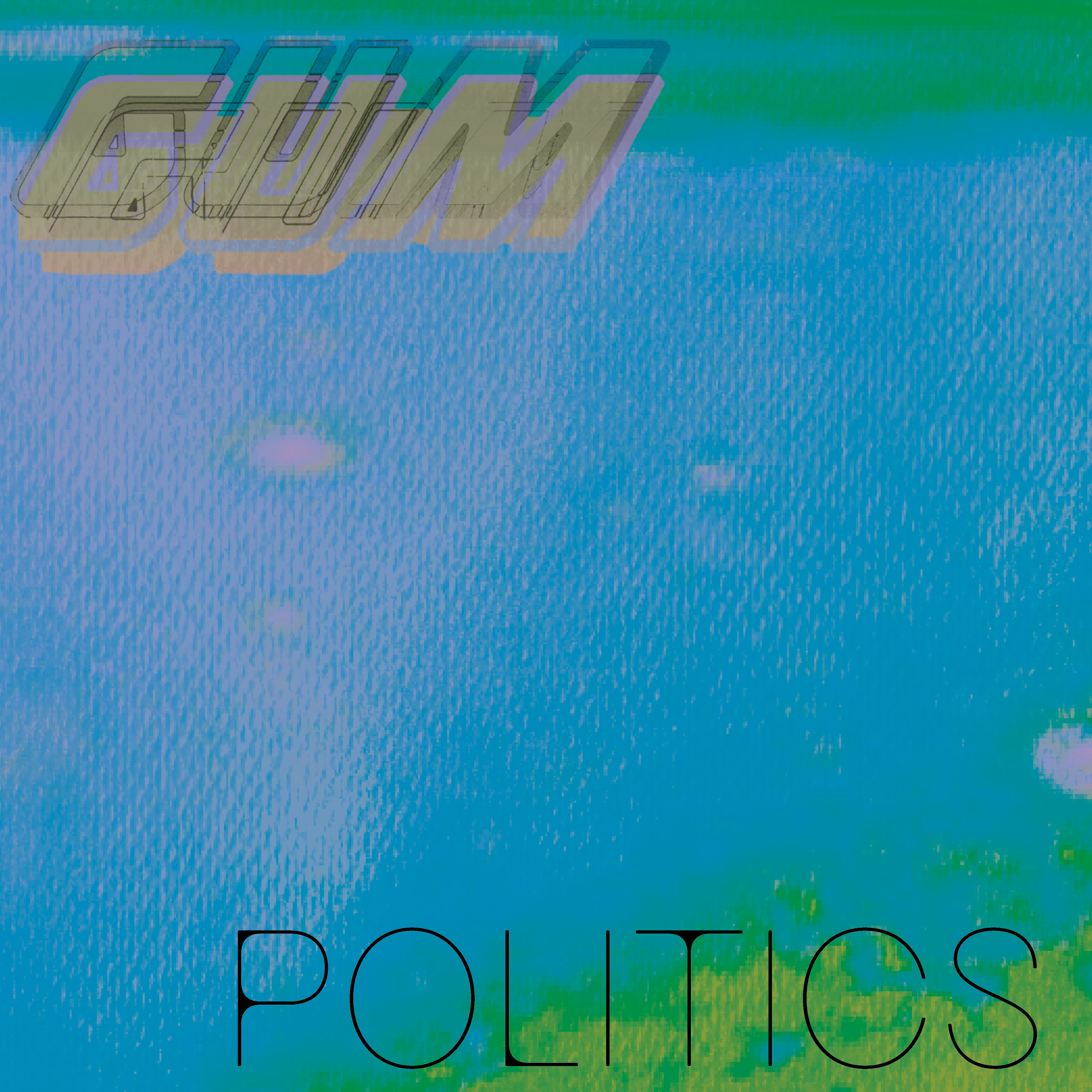Words: Bradley John (he/him)
@broadlybradley
We are inundated every day, whether consciously or not, by a hailstorm of hateful and dangerous rhetoric that, in its direst condition, leads to real world violence. With help from a chorus of ghouls, Braverman’s headlining act at the recent party conference cemented the fear that was already becoming an integral part of British politics.
The victimising approach to constructing policy is to first create an enemy. Initially spotlighting people smugglers, then fake asylum seekers, and now it’s overseas students that are to blame for the current state of UK politics. Next is to sow the tainted seeds through speeches transmitted throughout the nation, bleeding into our roots, and tainting the legitimacy of governance. Open attacks on the voiceless are now a corruptive tool to infect public policy and light the fuse on hate-ridden individuals and collectives. Not too long ago, such fear mongering and destructive speeches were once restricted to the extremist leanings of the house, but now they stand tall atop the crumbling pyramid of our governmental structure.
On a global scale, a report of domestic terrorism and its link to political speech found that hate speech from political leaders had a significant effect on the rising numbers of incidents within regions. So would it be so bold to say that a similar image was becoming apparent in our society?
In Theresa May’s first party speech as leader, she hammered home the pride of generating a society that is ‘open, accepting, and tolerant of others’, and giving people the freedom ‘to be all they want to be’. Yet this was just mere years before Johnson’s turbulent premiership that alienated veiled Muslim women by suggesting they were ‘ridiculous…to go around looking like letterboxes’.
In a pre-Johnson era, the barrage of divisive and attacking language would be incomprehensible in its frequency and tenacity to affect real world change. But these statements brought a significant increase of anti-Muslim hate crime: with victims directly citing the language used by Johnson in their assault reports. This rhetoric is systematically designed to manipulate us, to divide us, to empower those on the fringe. Racism and hate, once ideas on the periphery, are now endorsed by our politicians with no consequence or accountability. Worsened, of course, in this age of instant online connection where one can find anybody within a second that agrees with them, emboldening an individual to a programmed pursuit.
As Johnson’s ineptitude and self-flagellation disappeared into distant memory, the legacy he gifted us is permeating the outdated corridors of Westminster. Parties have now understood all too well that provoking the public to an imaginary foe, such as the one of a non-existent “culture-war”, is easier than doing the work involved to legislate on genuine policy. Like magicians moving the bunny from the hat to the jacket, we’re being played, and we should own up to it.
This is not to gaily gaze through the rose-tinted glasses of Thatcher or Blair. Never in modern history, however, do we see the words of our elected leaders given such authority and platform to those who bring imitation and fear to those who are not deemed to belong. It could be said to be just a coincidence that figures of hate crimes soared to a worrying peak after the induction of Boris Johnston; a number that last year hit 155,841.
Further troubling is the almost doubling of assaults towards the transgender community within two years. His stance on such issues ranges from scrapping an easier process for individuals to legally change their gender, to combatting trans women athletes in female categories for sports. This restrictive and divisive language is, by design, wholly inflaming and destructive to our cultural conversation.
Politicians are increasingly remembered more for what they say than what they have done. And what this ring of clowns in government has shown is that abusive, harmful, and extremist views during public forums are detrimental to the cognisance of our cultural mainframe. Rishi Sunak prophesied the future of his party by combatting the alleged radicalisation of being ‘bullied into believing that people can be any sex they want to be’. The reasoning being to protect the children of the nation; being utterly oblivious to the fact that the young alliance are the mass who are battling the revolution, and striving to redefine the rules of his imaginary world.
And as the party conference season comes to an end, the prevailing message is one of change, an endless stream of erasing the ineffective and corrosive thirteen years in power. “WE CAN CHANGE” we promise. Whether it be Keir Sparkle or Richie Rish, if you have heard this line before from some scrag-end pleading on the doorstep with a reduced-stickered bunch of roses, you’ll know to never trust them.

